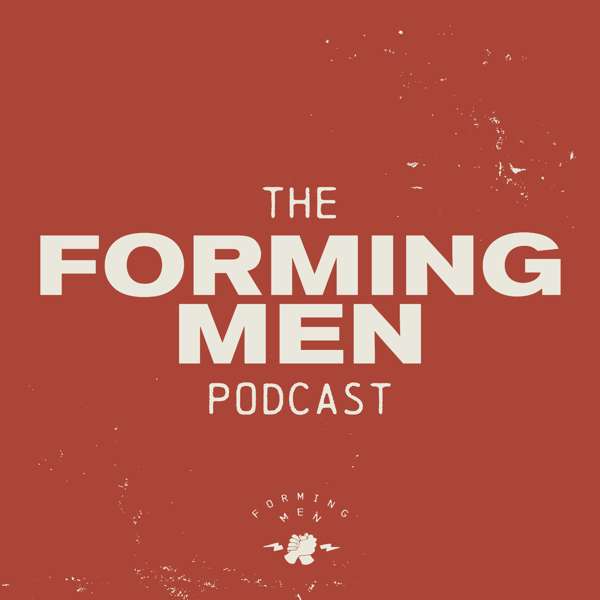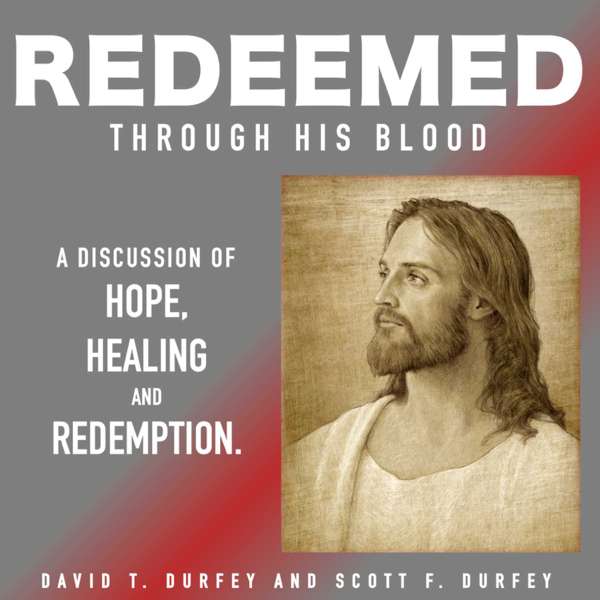Around 50 years ago, when the topic of homosexuality became something the church could no longer ignore, it split into two ways of thinking:
- The Progressive Camp. This group feels like the Bible is not as harsh towards homosexuality as we have thought or said in the past, and we need to instead focus on God's love and inclusivity.
- Historic/Traditional Camp. This group, which Fellowship subscribes to, believes that all sexual activity is reserved for a man and a woman only, in the context of marriage.
With these two camps in mind, RD and Greg dig into what exactly the Bible teaches about homosexuality, and why it teaches what it does. RD and Greg focus mostly on Romans 1 for this episode, but Greg does reference Romans 1-3, as these are the chapters where Paul builds a case against humanity so that he can then say that no one is righteous and we have all sinned. Through these chapters, Paul shows that all sin flows from rejecting God as Creator.
Thinking of how we've rejected God as Creator brings up the idea that the gender differences between Adam and Eve are fundamentally important. God created Adam and Eve to form a marriage by giving them a complimentary nature that forms a unified whole. Paul's argument is about Natural Relations, meaning he's not arguing about desires, he's saying that the male and female sexual organs are designed for one another by our Creator, and by acting in homosexual ways, we are denying the way the Creator made us.
Paul makes a point to bring all of this up in Romans because homosexuality was rampant in first century Rome; Roman culture in Paul's time had both homosexuality relationships and marriages. So the argument of, "The Bible is referring to homosexuality in prostitution or unhealthy interactions, not committed, loving relationships," is not a valid argument based on historical facts of the Roman culture in that time period.
A second argument that Greg and RD have heard against the Historic/Traditional Camp way of thinking is that the Bible isn't reliable, or we shouldn't base someone's lifestyle on a few verses in an old book. To this, Greg counter-argues that if you say this, then you must also say that everything in the Bible isn't reliable; you can't pick and choose what you think is right or wrong in the Bible. RD cautions getting into arguments about homosexuality with people who think about the Bible or homosexuality in this way because the underlying problem is that their center of authority is not God, and that problem would have to be addressed before you could ever show them the truth about the Bible's teachings on homosexuality.
A third argument Greg and RD consider is when people say that if God truly was against homosexuality, He wouldn't allow that desire to be in Christians, or anyone for that matter. To this, Greg stresses that God never promised or promises He will take away your fleshly desires for sin when you become a Christian. Even Paul says that he has a thorn in his flesh. If God's grace shines greater because of our struggle with a sin, then we have to be willing to say, "Your will be done." In reference to this, RD quotes Wesley Hills' book, which breaks this argument down and shows how he as a celibate gay Christian walks in faith, even with his desires.
Finally, RD and Greg address probably the two most common arguments for accepting homosexuality that go hand in hand:
- Jesus never talked about homosexuality. If you read Mark 7, Jesus uses the Greek word "porneia," which means anything that goes against the prevailing sexual code. By this, Jesus is affirming all the Old Testament passages about homosexuality.
- If you're against homosexuality, then you have to be against shellfish and bacon. First, in the book of Acts, God gives Peter a vision telling him to not reject the use of certain animals for food on a religious basis (meaning eat what you want because that does not affect your salvation). Second, the New Testament is extremely clear that the only part of the Old Testament that goes into Christianity are the moral commandments, not civil and ceremonial laws.
In speaking about Believers who struggle with homosexual desires, Greg clarifies that there is a distinction between how men and women were created, and how they were born. He makes this distinction because it's important to remember that we are born into sin and born with sin; we are not created for sin. There are some Believers who will struggle with same-sex attraction their whole life because it is a sinful desire they were born with, because we are born into sin. This is such a crucial point to make because the church has done damage by not always believing this, but Greg is quick to point out that homosexuality is a sin nature, just like anger, pride, or any other sin.
To avoid hurting Believers who struggle with same-sex attractions but to still show them that acting on these attractions are wrong, RD affirms that how you say homosexuality is a sin is imperative. He mentions Sam Albery's book as a reference for how to do this. RD also asserts that it's not someone's faithfulness to their partner that matters or indicates their salvation, it's their faithfulness to God and Scripture.
RD and Greg end the episode by acknowledging that if you're same-sex attracted, that does not condemn you. And if you're heterosexual, that doesn't save you. Only Jesus and His gracious salvation can save you.
For more resources on same-sex attraction and how to talk about it and walk through it as a Believer, RD recommends People To Be Loved, Out Of A Far Country, A War Of Loves, and What Does The Bible Really Teach About Homosexuality.

 Our TOPPODCAST Picks
Our TOPPODCAST Picks  Stay Connected
Stay Connected







